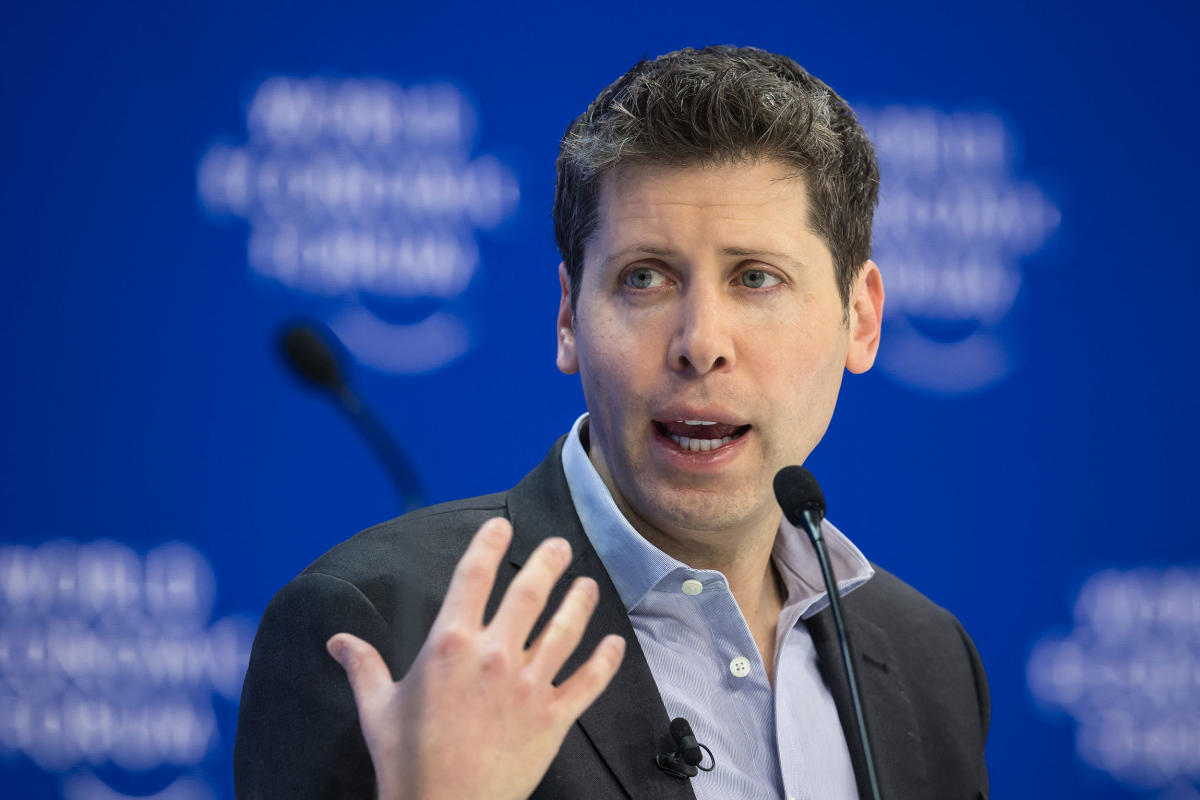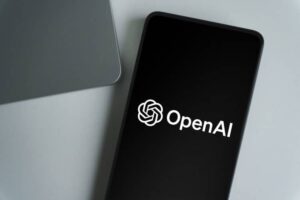OpenAI Aims to Develop a Top-Tier ‘Open’ AI Model

OpenAI Plans to Release a New Open Language Model
In late March, OpenAI shared exciting news about its plan to launch its first "open" language model since the release of GPT-2. This announcement has generated a lot of interest, especially as details emerge from discussions within the AI developer community.
Development Leadership and Timeline
Aidan Clark, OpenAI’s Vice President of Research, is at the forefront of developing this new open model. Currently, the project is in its early development stages. OpenAI aims for a release in early summer and has set ambitious goals for the model, striving for it to outperform existing open reasoning models.
License and Community Engagement
OpenAI is considering a permissive licensing framework for this new model. They intend to minimize restrictions on usage and commercial applications. In contrast to other models like Llama and Google’s Gemma, which have faced criticism for their restrictive licenses, OpenAI seems to be committed to fostering a more open environment, aiming to avoid those criticisms.
Competition and Market Dynamics
The AI landscape is becoming increasingly competitive, particularly with companies like DeepSeek, a Chinese AI lab, adopting an open approach to model deployment. Unlike OpenAI’s strategy, these competitors are allowing broader access to the AI community for experimentation and commercial use. This open strategy has been notably successful; for instance, Meta reported over 1 billion downloads of its Llama models, highlighting the demand for accessible AI tools.
Model Features and Functionality
OpenAI’s new model is designed to work with high-end consumer hardware and is expected to allow developers to toggle its "reasoning" capability. This functionality is similar to reasoning models recently introduced by other AI companies, such as Anthropic. The reasoning aspect can enhance the model’s accuracy, albeit with a potential increase in response time.
If the initial launch is well-received, OpenAI may expand the range of available models, which might include smaller variations suited for different applications.
OpenAI’s Shifting Philosophy
Sam Altman, the CEO of OpenAI, has publicly expressed that the company may have previously mismanaged its approach to open-source technology. In a recent Reddit Q&A session, he stated the need for a revised open-source strategy, recognizing that not everyone within OpenAI shares this view. He also acknowledged that while OpenAI will produce superior models in the future, it may not maintain the lead it once had in the industry.
Rigorous Safety Testing
Altman highlighted the company’s commitment to rigorous safety assessments for the upcoming open model. OpenAI plans to conduct thorough evaluations before its release, using a well-defined preparedness framework. Additionally, they intend to prepare a model card, which will document the results of both internal and external evaluations, ensuring transparency about the model’s capabilities and safety measures.
Addressing Past Criticisms
OpenAI has faced criticism from some AI ethicists regarding the speed at which it has conducted safety testing on its recent models. Concerns have also been raised about the absence of released model cards for several of its previous models. Altman has previously been alleged to have misled OpenAI executives about the comprehensive nature of safety reviews prior to a brief period of personal upheaval within the company.
As OpenAI moves forward with its plans, the tech community eagerly anticipates more information regarding the open model and its potential impact on the AI landscape. The upcoming months will be crucial as OpenAI works to balance innovation, safety, and community engagement in a rapidly evolving field.





